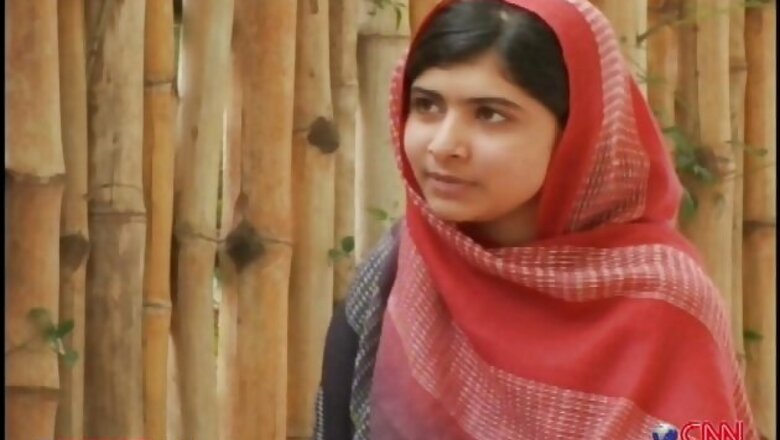
views
Oslo: A Pakistani schoolgirl who was shot in the head by the Taliban for advocating girls' education is a wild card entry for this year's Nobel Peace prize, with the leaders of Colombia and Myanmar among likely candidates for the award.
Colombian President Juan Manuel Santos was certain to be on the list for his efforts to end half a century of conflict with the FARC guerrillas, alongside Myanmar's Thein Sein, who has led a transition from decades of dictatorship, people familiar with the committee's deliberations said.
Former US President Bill Clinton was once again a possible candidate for his charitable work.
However, Russian punk rock band Pussy Riot, which gained international notoriety when three of its members were jailed for performing a "punk prayer" against President Vladimir Putin in a Moscow cathedral, were not seen as likely winners.
The Norwegian Nobel Committee, which announces its decision on October 12, received a record number of nominations for this year's award.
"The prize keeps gaining importance and attention," said its Director Geir Lundestad. "Presidents, prime ministers, former laureates submitted many of the nominations ... and we have plenty of new names as well as 'old' ones on the list."
The 15-year old Pakistani schoolgirl Malala Yousufzai has become an internationally recognised symbol of resistance to the Taliban's efforts to deny women education and other rights.
"The youngest winners tend to be in their 30s and a 15-year old will be a tough one for them to handle," said Kristian Berg Harpviken, the Director of the Peace Research Institute Oslo, which tracks the Nobel committee's work.
Yemeni peace and women's rights activist Tawakkol Karman is the youngest winner, having received the 2011 prize at the age of 32. The committee, led by former Norwegian Prime Minister Thorbjoern Jagland, has drawn protest and extra publicity for the prize in recent years by awarding it to the European Union and US President Barack Obama.
Harpviken said it would not choose a more conventional candidate such as a peace or democracy activist simply because its past decisions were questioned. "They'll pick a candidate with high moral integrity, a high profile and a global reach," said Harpviken, who listed Yousufzai among his favourites. "These choices have weakened the reputation of the prize because they resonated very poorly with current sentiment... but Jagland doesn't mind controversy."
Other candidates are likely to include Russian dissidents Lyudmila Alexeyeva, the founder of the Moscow Helsinki Group, Svetlana Gannushkina, a long-time rights activist, and Liliya Shibanova, the head of an independent Russian election watchdog.
The Committee never reveals its list of candidates but a wide range of officials and organisations from all over the world have the right to submit nominations and many reveal their choices publicly.
The peace prize is one of five awards instituted by Alfred Nobel, the late Swedish industrialist and inventor, and is given to those who have "done the most or the best work for fraternity between nations, for the abolition or reduction of standing armies and for the holding and promotion of peace congresses".
First awarded in 1901, the prize includes 8 million Swedish crown in cash. It will be presented on December 10, the anniversary of Alfred Nobel's death. The committee received 259 nominations by last week's deadline, including for 50 organisations, beating a 2011 record of 241 candidates.











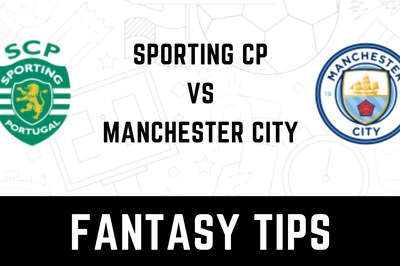



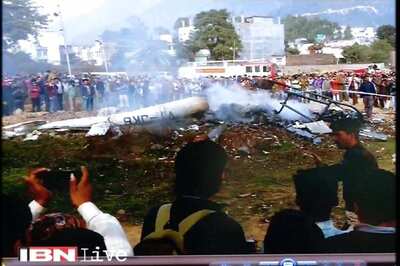
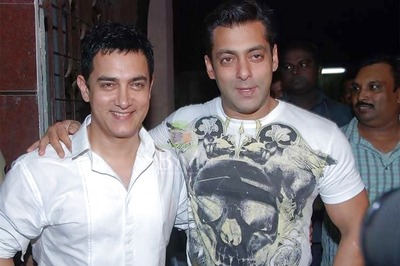
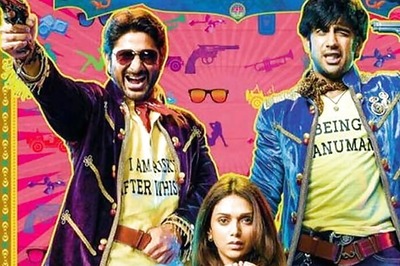


Comments
0 comment